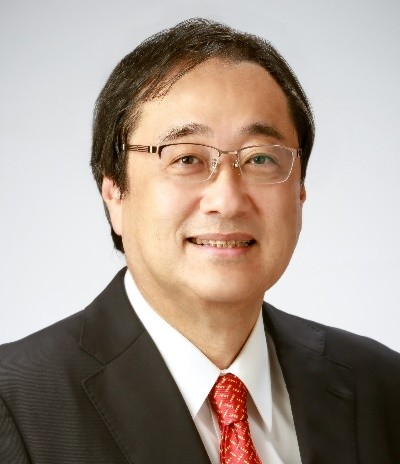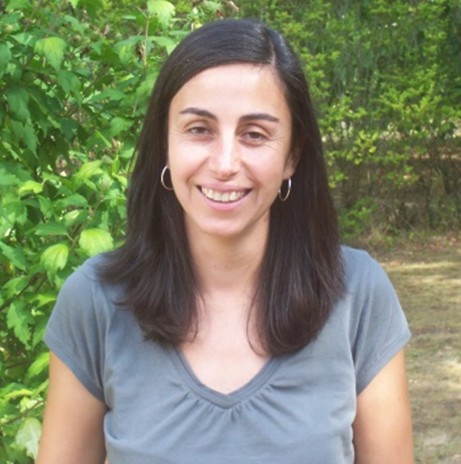
Hiromi Yamashita
Professor · The University of Osaka, Japan
Hiromi Yamashita has been a full professor at the University of Osaka since 2004. He received his PhD degree from Kyoto University in 1987. He was an assistant professor at Tohoku University (1987-1992), an assistant professor and associate professor at Osaka Prefecture University (1992-2003). He was an invited professor at the University Pierre and Marie Curie (UPMC), Shanghai University of Electronic Power, and Shanghai Normal University. He was a visiting research fellow at the Pennsylvania State University (1992), the University of Texas at Austin (1993), California Institute of Technology (1998-1999). He was the president of the Asia and Pacific Association of Catalysis Societies (2019-2023), the president of Catalysis Society of Japan (2019-2020), a member of Academia Europea (2019-), and the editor of Applied Catalysis B (2012-). He received awards from several societies, such as the Chemical Society of Japan, Catalysis Society of Japan, International Mesostructured Materials Association, etc. He has published more than 650 papers. His research interests include the design of single-site photocatalysts and nanostructured catalysts.

Encarnación Raymundo Piñero
Doctor · CNRS, Orléans, France
Encarnación Raymundo-Piñero is Research Director at the CEMHTI-CNRS UPR3079 laboratory at Orléans (France). She got a PhD in Materials Science at the University of Alicante (Spain) in 2000, and after a post-doc in the USA, she moved to France in 2002 with a Marie Curie fellowship and joined the CNRS as permanent staff in 2006. In 2009, she was awarded the CNRS bronze medal. Her research focuses on the investigation of carbon-based materials and their composites as electrodes for supercapacitors, micro-supercapacitors, and batteries. A particular emphasis is placed on the development of novel functional carbon-based materials for electrochemical energy storage, the design of high-energy and high-power supercapacitors using environmentally friendly electrolytes, and exploring the electrode/electrolyte interphase. This is achieved through the development of new in situ/operando techniques based on solid-state NMR, Raman spectroscopy, and gas spectrometry. She holds 13 patents related to electrode materials and energy storage devices, and her publications have received over 15500 citations.

Manuel A. Rodrigo
Professor · University of Castilla-La Mancha, Spain
M.A. Rodrigo is Professor in Chemical Engineering at the University of Castilla-La Mancha (UCLM), with a career marked by pioneering contributions to electrochemical engineering. He graduated with honors in Industrial Chemistry from the University of Valencia in 1993 and earned his PhD in 1997, focusing on the automation of biological nutrient removal processes. Since joining UCLM in 1996, he has developed a robust research program in electrochemical technologies, initially targeting industrial wastewater treatment. His postdoctoral work at EPFL (Switzerland) introduced him to conductive diamond electrodes, which became central to his research. Over the years, he expanded his interests to include electrocoagulation, PEM fuel cells, electrocatalysis, electrokinetic soil remediation, and bioelectrochemical systems. More recently, he has explored innovative areas such as electro-refinery, reactive absorption, redox flow batteries and 3D-printed electrochemical cells. Rodrigo has published over 660 scientific articles, with a strong international collaboration rate and high impact (h-index 84, over 32000 citations). He has supervised 29 PhD theses and led numerous competitive projects and industry collaborations. He is deeply committed to mentoring young researchers and fostering international partnerships, particularly in Latin America. He has held leadership roles in major scientific societies and editorial boards and currently serves as Dean of the Faculty of Chemical Sciences and Technologies at UCLM. His work has been recognized with prestigious awards, including the 2020 Career Award from the Spanish Royal Society of Chemistry and the 2021 Research and Innovation Award from Castilla-La Mancha. In 2025, he was named Fellow of both the International Society of Electrochemistry and the Spanish Royal Academy of Sciences.

